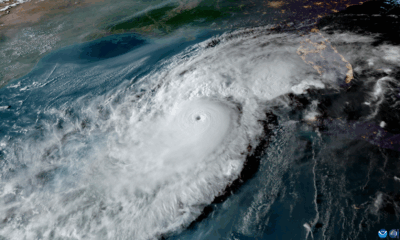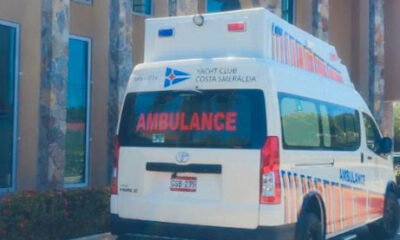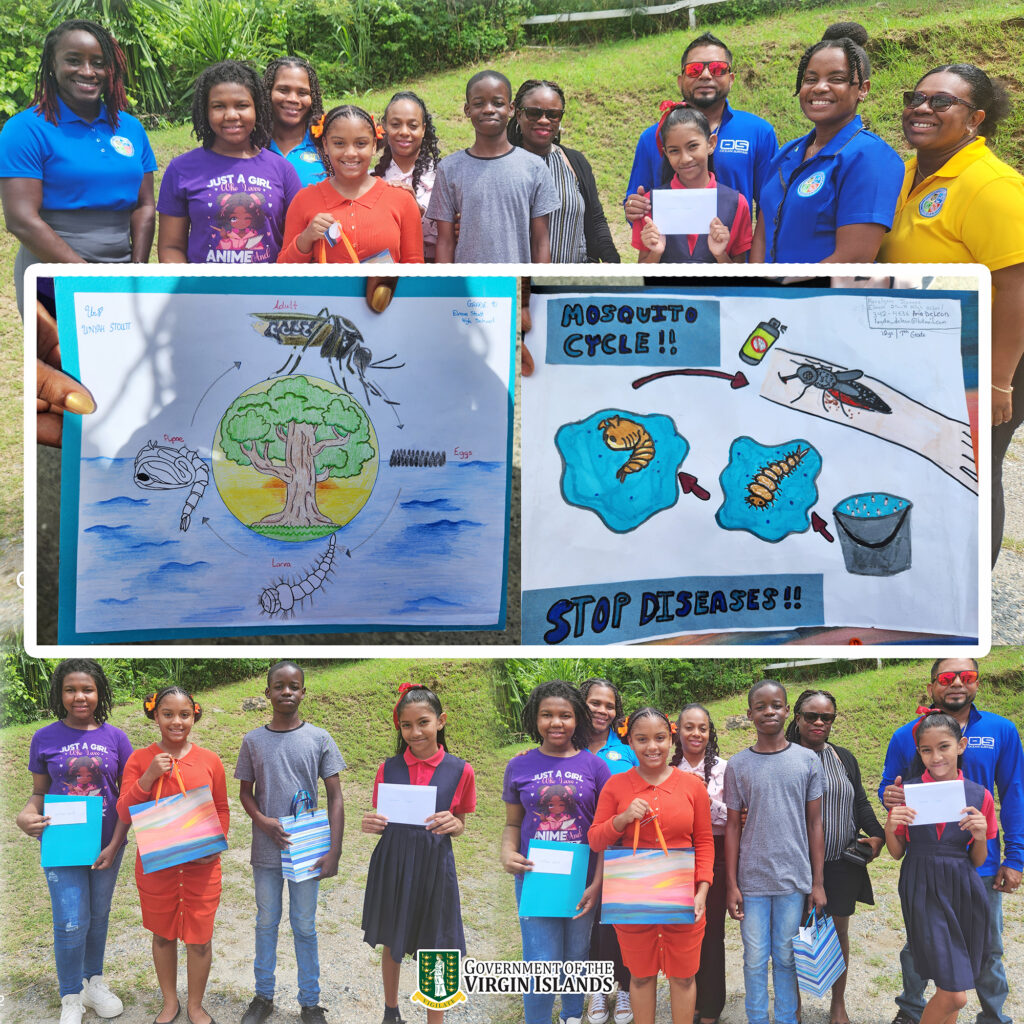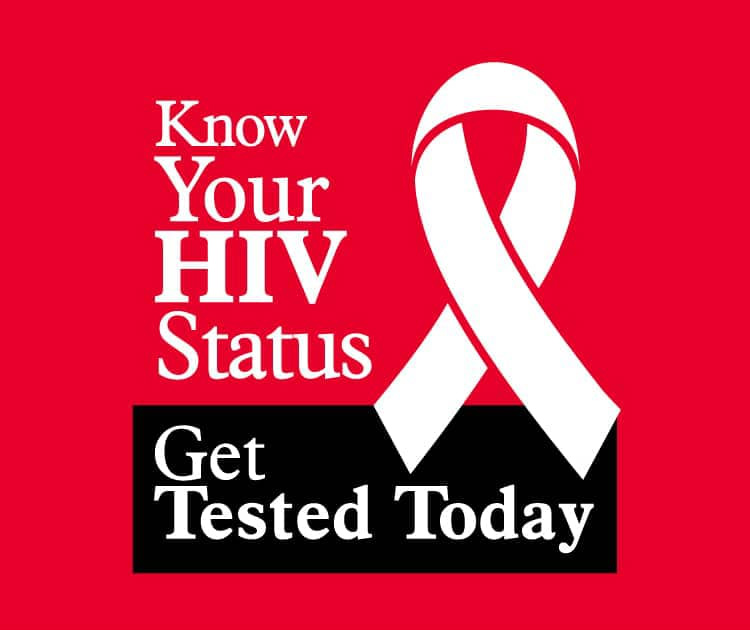Local News
VI Delegation Led by Premier Wheatley Attends COP28 to Advocate Climate Action
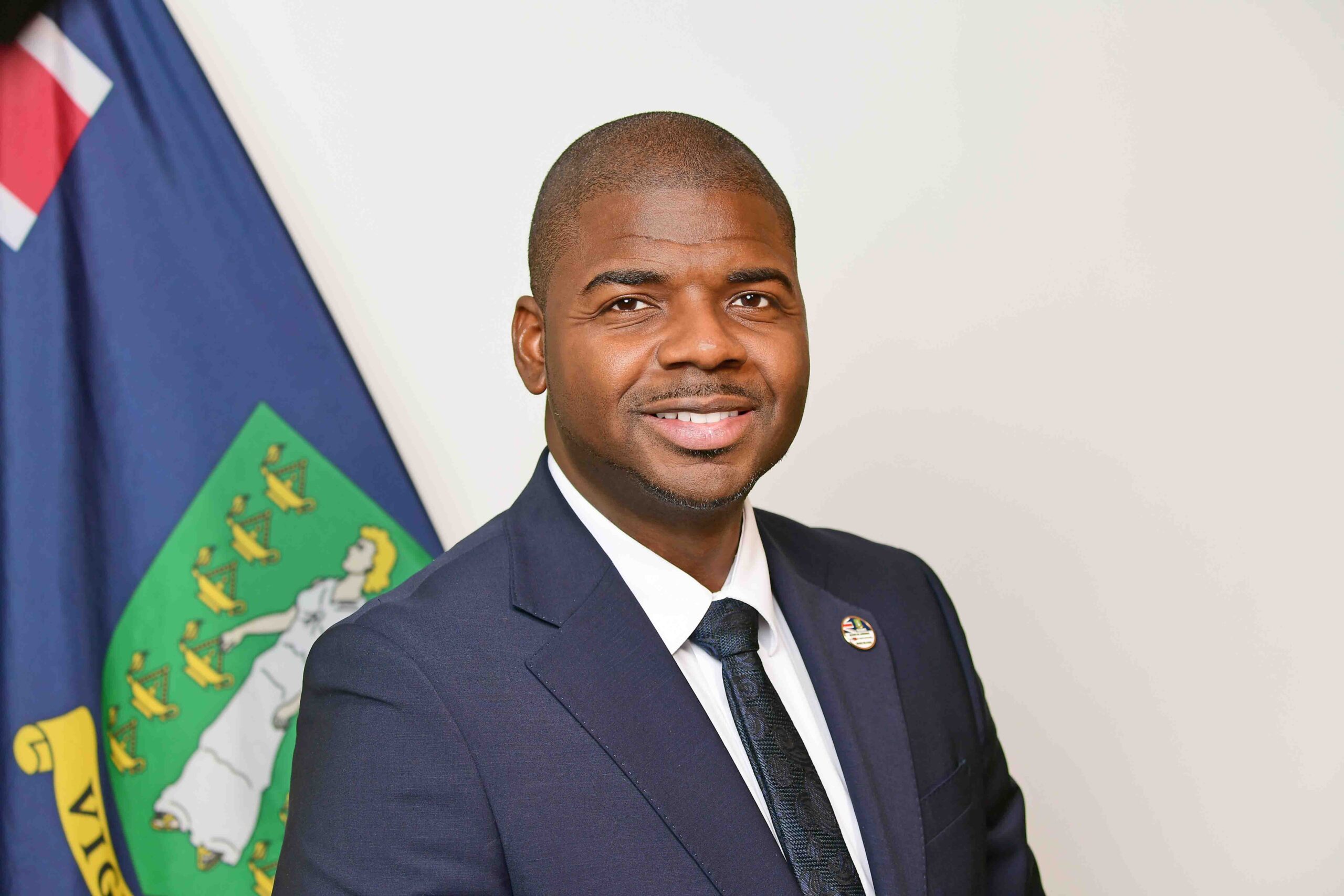
Premier and Minister responsible for Climate Change, Honourable Dr. Natalio Wheatley, is spearheading a three-member delegation representing the Virgin Islands at the 28th Conference of the Parties (COP28) of the United Nations Framework Convention on Climate Change (UNFCCC) in Dubai.
COP, an annual gathering, provides a platform for nations party to the UNFCCC to collaboratively assess and agree on measures to mitigate climate change and support the most vulnerable countries, particularly small island developing states, in adapting to its impacts.
Accompanying Premier Wheatley are Minister for Health and Social Development, Honourable Vincent Wheatley; Climate Change officer in the Ministry of Environment, Natural Resources, and Climate Change, Ms. Angela Burnett Penn; and the Acting United Kingdom/European Union Representative, Ms. Tracy Bradshaw.
The delegation will join representatives from other overseas territories and countries worldwide in discussions from November 30 to December 12. The outcomes of this year’s COP are crucial in determining whether the global community can achieve the critical target of limiting global warming to 1.5°C above pre-industrial levels, a threshold recognized as the limit for the survival of small islands.
A primary focus for the Virgin Islands delegation is advocating for formal recognition of the VI and other Overseas Territories (OTs) under the Convention. This recognition is seen as pivotal for accessing international climate finance to bolster local initiatives for climate resilience and the transition to renewable energy.
Premier Wheatley, alongside counterparts from other British Overseas Territories in the Caribbean, will take a lead role in a side event hosted by the Virgin Islands at COP28 through the CARICOM pavilion in collaboration with the Organization of Eastern Caribbean States (OECS) Commission. The event will explore the case for OTs accessing international climate finance within the context of being members/associate members of the OECS and CARICOM.
The VI delegation will also engage in bilateral meetings, attend side events, and showcase multimedia products aimed at attracting international donors to the Virgin Islands Climate Change Trust Fund. Additionally, the team will seek investments in renewable energy initiatives and explore opportunities for the Territory to participate in the international carbon credits market.
The Virgin Islands and the wider Caribbean are already grappling with the impacts of climate change, including rising temperatures, heat waves, coral bleaching, stronger hurricanes, floods, droughts, sargassum blooms, and coastal erosion. Adapting to these changes requires significant investments in environmental protection, ecosystem restoration, and climate-resilient infrastructure.
Simultaneously, the Government of the Virgin Islands is actively working to enhance the Territory’s resilience and reduce its carbon footprint. Initiatives include updating and implementing the Virgin Islands Climate Change Adaptation Policy and striving to replace 30% of the national electricity supply with renewable energy.
Premier Wheatley, in an earlier interview with the British Broadcasting Corporation (BBC), emphasized the need for nations contributing heavily to greenhouse gas emissions to be ambitious in meeting targets to counteract the adverse effects of climate change. He underscored the Caribbean’s vulnerability to climate change, emphasizing the urgent need for global action.
The Government also remains committed to operationalizing The Virgin Islands Climate Change Trust Fund, established as an independent entity in March 2015. The Fund is mandated to raise, manage, and disburse donor funds to support climate change adaptation and mitigation in line with the Climate Change Policy.
Local News
Caribbean Braces for Active 2025 Hurricane Season
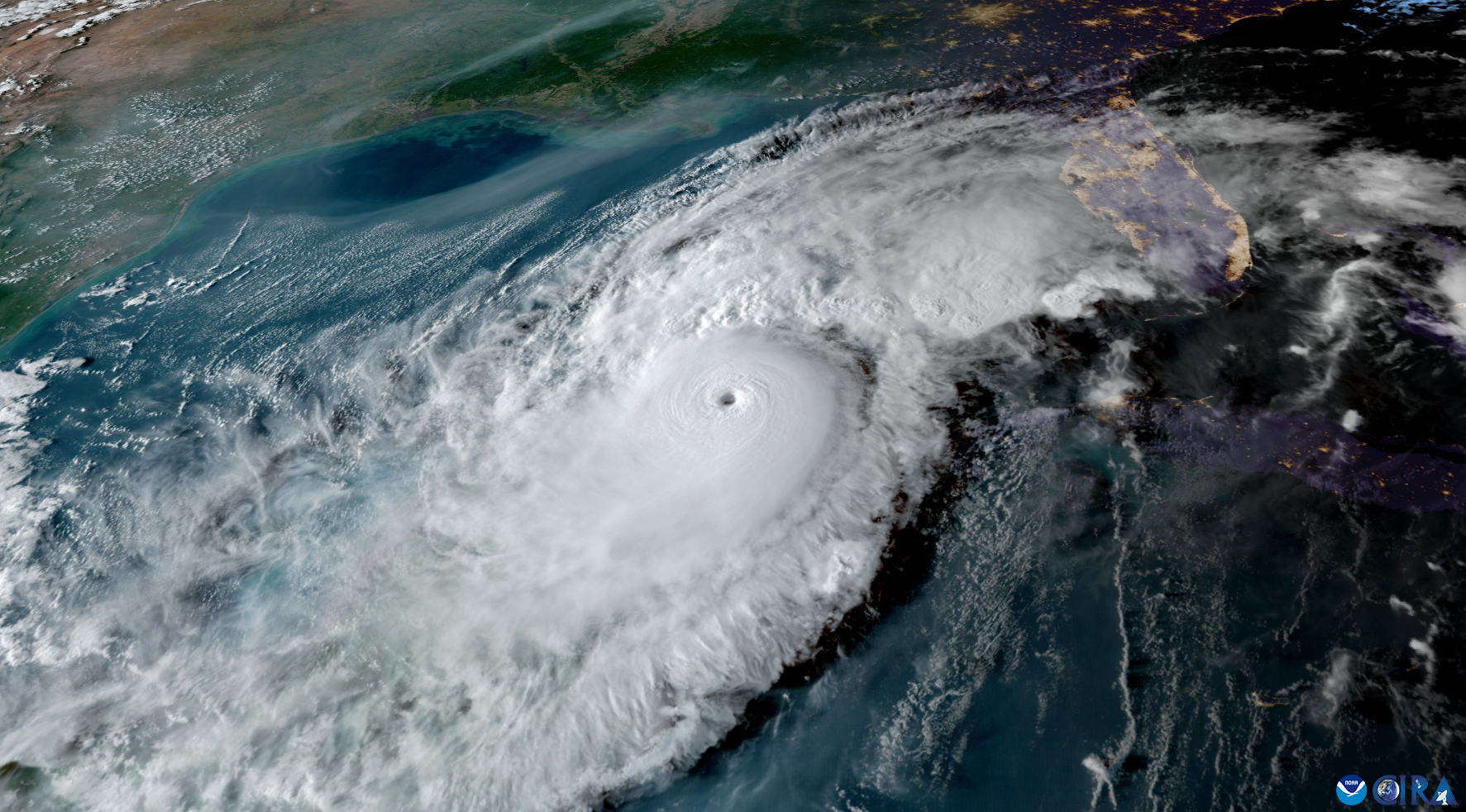
The 2025 Atlantic hurricane season officially begins today, June 1, and runs through November 30. Forecasts from the National Oceanic and Atmospheric Administration (NOAA) and Colorado State University (CSU) indicate an above-average season, with heightened activity anticipated across the Caribbean region.
NOAA projects 13 to 19 named storms, including 6 to 10 hurricanes, of which 3 to 5 could become major hurricanes (Category 3 or higher). CSU’s forecast aligns closely, predicting 17 named storms, 9 hurricanes, and 4 major hurricanes.
Several climatic factors contribute to the anticipated increase in storm activity. Sea surface temperatures in the Atlantic Ocean and Caribbean Sea remain warmer than average, providing additional energy to fuel storm development. Additionally, the expected transition from El Niño to La Niña conditions is likely to reduce wind shear in the tropics, further facilitating storm formation and intensification.
For the Caribbean, the implications are significant. CSU estimates a 66% probability of at least one major hurricane tracking through the region this season, compared to the historical average of 47%.
In response to the heightened activity forecast, NOAA has implemented several enhancements to its forecasting and communication strategies. The National Hurricane Center will now issue forecasts and storm tracks up to 48 hours before a storm’s potential formation, allowing for earlier warnings. Updated storm cones will include inland warnings and nationwide inundation mapping to better visualize flood risks. New rip current risk maps will also be provided when tropical systems are present.
As the season begins, residents in hurricane-prone areas are advised to prepare accordingly. This includes assembling emergency supplies, reviewing evacuation plans, and staying informed through official channels. While forecasts provide an overview of expected activity, the specific paths and impacts of individual storms can vary, underscoring the importance of readiness and vigilance throughout the season.
For real-time updates and detailed forecasts, individuals are encouraged to monitor information from the National Hurricane Center and local emergency management agencies.
Health
Karelynne Jimenez, Aiden Thompson Take Top Spots in Environmental Health Contest
International
BVI Urges UK and Other Colonial Powers to Support Self-Determination of Remaining Territories
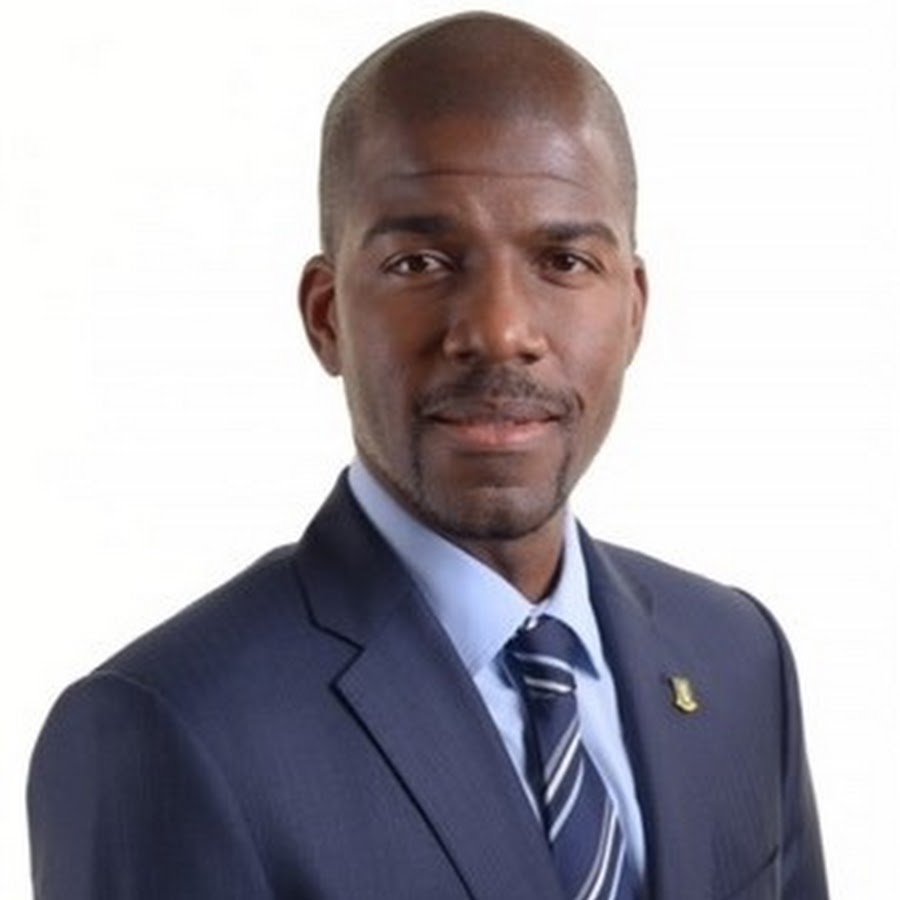
In a direct appeal to the international community, the British Virgin Islands (BVI) has called on the United Kingdom and other colonial powers to set aside their national interests and support the self-determination of the 17 remaining non-self-governing territories under the mandate of the United Nations Special Committee on Decolonisation (C-24).
Speaking at the UN’s Pacific regional seminar on decolonisation, held in the Timorese capital Dili from 21st to 23rd May, BVI Special Envoy Benito Wheatley urged administering powers to recommit to the principles of decolonisation and support a meaningful pathway to self-government for the remaining territories on the UN’s list.
“We all must work together to make progress on decolonisation,” Mr Wheatley said in his address. “I know it is hard to separate national interests from the process, but an effort must at least be made to work in the best interest of Non-Self-Governing Territories.”
He added that the Special Committee should prioritise the dispatch of visiting missions “where this is practicable,” noting that “the politics of the process is very complicated and requires dialogue, but no effort should be spared.”
The BVI, which hosted a UN visiting mission in August 2024, was recognised in the mission’s report for its advancement toward full internal self-government. The mission also recommended the establishment of a timetable for the Territory’s eventual independence.
Mr Wheatley expressed appreciation for the UN’s engagement and reiterated the Territory’s commitment to good governance and democratic reform. He also used the opportunity to highlight the broader need for sustainable development assistance, particularly in the face of growing climate threats.
“To truly advance self-determination, UN agencies must play a more active role in supporting the development priorities of these Territories,” Mr Wheatley stated. He urged the C-24 to adopt a resolution at its upcoming June session that would allow UN agencies to utilise their regular programme budgets to support Territories classified as Small Island Developing States (SIDS), especially those that are associate members of regional commissions such as ECLAC and ESCAP.
In a firm message to London, Mr Wheatley also called on the United Kingdom to formally withdraw the Order in Council currently held in reserve, which grants it the power to suspend the BVI’s constitution and impose direct rule if triggered.
“There is no longer an excuse for the UK to maintain this unnecessary, undemocratic and blunt colonial instrument over the Territory,” he said, noting that the BVI had completed the governance reform programme agreed in 2022.
The UN’s list of territories yet to be decolonised includes American Samoa, Anguilla, Bermuda, the British Virgin Islands, Cayman Islands, Falkland Islands, French Polynesia, Gibraltar, Guam, Montserrat, New Caledonia, Pitcairn, Saint Helena, Tokelau, Turks and Caicos Islands, the United States Virgin Islands, and Western Sahara.
The seminar in Dili marks a continuation of the UN’s longstanding commitment to decolonisation — a process that remains incomplete nearly eight decades after the adoption of the UN Charter.
-

 Local News2 weeks ago
Local News2 weeks agoControversial 3-Point Call Proven a 4, But Result Stands: Team USVI Withdraws from Third-Place Match
-

 Uncategorized2 days ago
Uncategorized2 days agoBritish Virgin Islands Regulators Move to Wind Down Bank of Asia (BVI) Limited
-

 Entertainment2 days ago
Entertainment2 days agoNeil Frett Named Honouree as 71st Virgin Islands Emancipation Festival Officially Launched
-

 Entertainment2 weeks ago
Entertainment2 weeks agoFive Students to Compete in Mr. & Miss HLSCC Pageant on June 1
-

 Local News2 days ago
Local News2 days agoBVI U19 Rugby Squad Departs for Dominican Republic Development Tour
-

 Uncategorized6 days ago
Uncategorized6 days agoChantel Malone Leaps to First Place Amid Headwinds at Tucson Elite Classic:
-
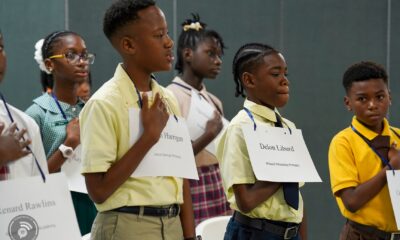
 Education3 days ago
Education3 days agoTwelve Primary Schools Advance to Final Round of 2025 Spelling Bee
-

 Uncategorized2 days ago
Uncategorized2 days agoLiburd and Croal Break BVI National Records at NCAA Championships


